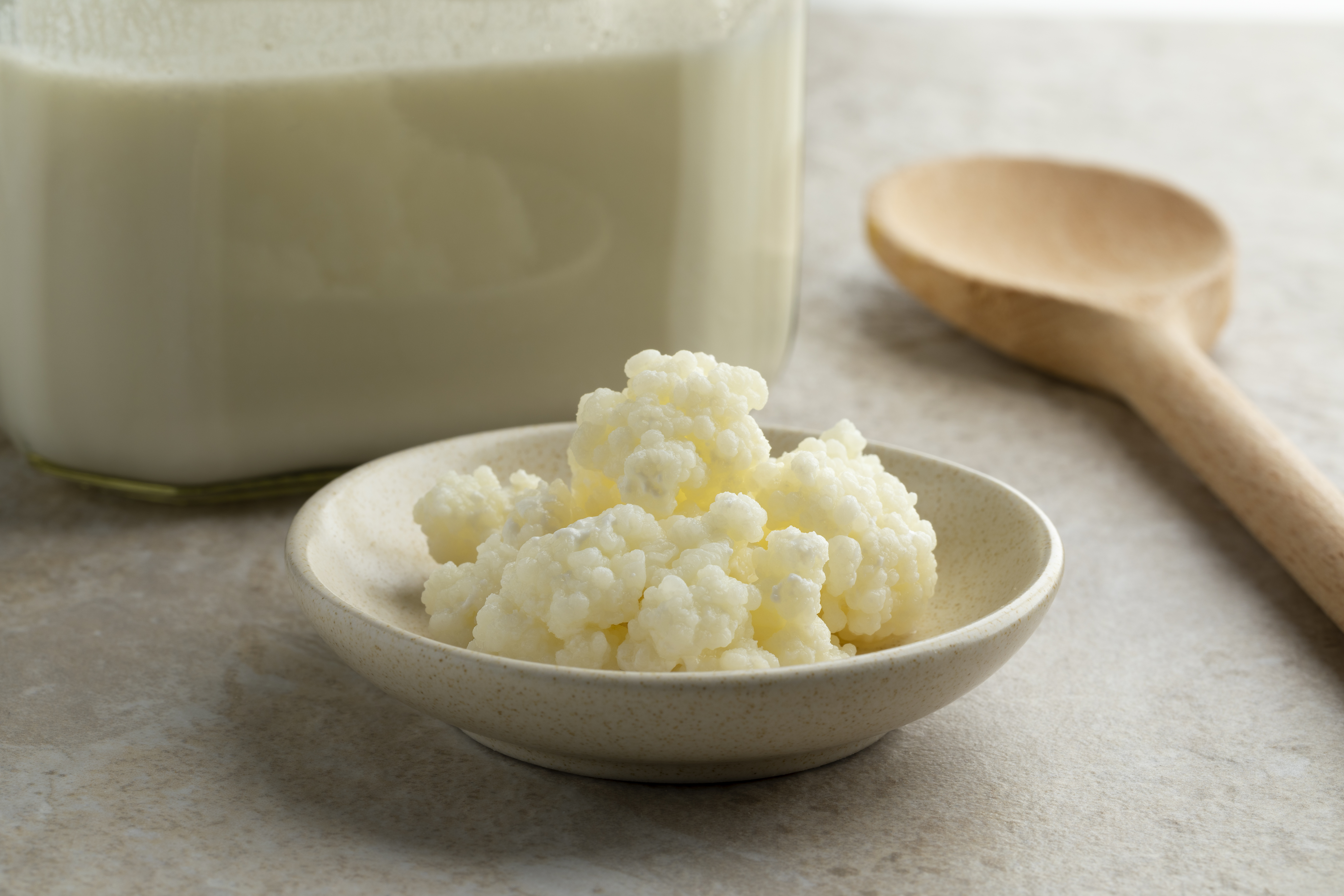Easy Ways to Support Your Immune System
The immune system is a complex network of cells, tissues, and organs working in harmony to protect the body from harmful invaders. Keeping this system in optimal condition is crucial for maintaining health and preventing disease. While many people believe that boosting immunity requires complex interventions, there are simple, everyday habits that can significantly enhance immune function. This article explores 11 effortless habits that can be seamlessly integrated into daily life to keep your immune system happy and strong. Each habit is backed by scientific research and offers practical tips for implementation, setting the stage for a healthier, more resilient you.
1. Prioritize Quality Sleep

Quality sleep is often underestimated but is fundamental to a strong immune system. During sleep, the body repairs itself and produces cytokines, proteins that target infection and inflammation. Studies show that individuals who do not get enough sleep are more susceptible to illnesses. Aim for 7-9 hours of uninterrupted sleep each night. Establish a bedtime routine by reducing screen time before bed, keeping the bedroom cool and dark, and avoiding caffeine in the afternoon. Consistent sleep not only rejuvenates the body but also strengthens the immune system's ability to fight off pathogens effectively.
2. Maintain a Balanced Diet

A balanced diet rich in fruits, vegetables, lean proteins, and whole grains provides essential nutrients that support immune health. Vitamins like C and D, and minerals like zinc, are particularly beneficial for immune function. Incorporate a rainbow of fruits and vegetables to ensure a wide range of antioxidants and phytonutrients. Foods like citrus fruits, leafy greens, nuts, and seeds can naturally boost your immune defenses. Avoid processed foods high in sugar and unhealthy fats, as they can weaken the immune response. A nutrient-dense diet not only supports immunity but also promotes overall well-being.
3. Stay Hydrated

Hydration plays a critical role in maintaining a healthy immune system. Water is essential for the circulation of immune cells and the removal of toxins from the body. Dehydration can impair physical performance and cognitive function, making the body more susceptible to illness. Aim to drink at least eight 8-ounce glasses of water daily, adjusting for activity level and climate. Herbal teas and water-rich fruits and vegetables like cucumbers and watermelon can also contribute to your hydration needs. Staying well-hydrated ensures that your body's defense mechanisms are functioning at their best.
4. Engage in Regular Exercise

Regular physical activity is a powerful tool for boosting immune health. Exercise improves circulation, allowing immune cells to move more efficiently throughout the body. It also reduces inflammation and promotes the turnover of immune cells. Aim for at least 150 minutes of moderate-intensity exercise per week, such as brisk walking, cycling, or swimming. Incorporate strength training exercises to build muscle and enhance metabolic health. Exercise not only strengthens the body but also boosts mood and energy levels, creating a positive feedback loop that supports immune resilience.
5. Manage Stress Effectively

Chronic stress can suppress the immune system, making the body more vulnerable to infections. Stress releases cortisol, a hormone that, in high levels, can hinder immune function. Implement stress-reducing techniques such as meditation, yoga, or deep-breathing exercises to lower cortisol levels. Regularly setting aside time for hobbies, socializing, or simply relaxing can also mitigate stress. By managing stress effectively, you can maintain a balanced immune response and improve your overall mental and physical health, creating a more resilient body capable of warding off illness.
6. Cultivate Social Connections

Strong social ties have been linked to better health outcomes, including improved immune function. Engaging with friends and family can reduce stress and promote feelings of happiness and belonging, which positively affect the immune system. Make an effort to maintain relationships through regular communication, whether it be in person, over the phone, or via video calls. Join clubs or community groups to meet new people and expand your social circle. Building and nurturing relationships not only enriches life but also provides emotional support that can bolster your immune defenses.
7. Practice Good Hygiene

Maintaining good hygiene is a simple yet effective way to protect the immune system. Regular handwashing with soap and water can prevent the spread of germs and reduce the risk of infections. Ensure you wash your hands for at least 20 seconds, especially before eating or touching your face. Keep surfaces clean and disinfected, particularly in high-touch areas like doorknobs and light switches. Practicing good hygiene habits not only protects you but also those around you, contributing to a healthier community and reducing the burden on your immune system.
8. Get Regular Health Check-Ups

Routine health check-ups are crucial for early detection and prevention of diseases. Regular screenings and vaccinations can catch potential health issues before they become serious and ensure that your immune system is functioning properly. Discuss any concerns with your healthcare provider and stay up-to-date with recommended vaccinations, particularly during flu season. Regular check-ups provide an opportunity to assess your overall health, make necessary lifestyle adjustments, and receive guidance on maintaining a strong immune system, ensuring that you remain in peak condition year-round.
9. Incorporate Probiotics into Your Diet

Probiotics, the beneficial bacteria found in fermented foods and supplements, play a significant role in supporting immune health. They help maintain a healthy gut microbiome, which is crucial for a strong immune response. Include probiotic-rich foods such as yogurt, kefir, sauerkraut, and kimchi in your diet to boost gut health. A balanced gut microbiome enhances the body's ability to fend off infections and reduces inflammation. By nurturing your gut with probiotics, you support a key component of your immune system, contributing to overall health and vitality.
10. Limit Alcohol and Avoid Smoking

Excessive alcohol consumption and smoking can weaken the immune system and increase susceptibility to infections. Alcohol can disrupt the gut barrier, allowing pathogens to enter the bloodstream, while smoking damages lung tissue and impairs respiratory defenses. Limit alcohol intake to moderate levels, defined as up to one drink per day for women and two for men. Avoid smoking and seek support if needed to quit. By reducing these harmful habits, you protect your immune system and improve your overall health, reducing the risk of chronic diseases and enhancing longevity.
11. Embrace Positive Thinking

A positive mindset can have a profound impact on immune health. Optimism and a positive outlook have been associated with lower stress levels and improved immune function. Practice gratitude, mindfulness, and positive affirmations to cultivate a positive mental state. Surround yourself with supportive and uplifting people who encourage a healthy lifestyle. By embracing positivity, you not only improve your mental health but also strengthen your immune system, creating a harmonious balance that supports overall well-being and resilience against illness.
Building a Resilient Immune System

Integrating these 11 effortless habits into your daily routine can create a powerful foundation for a resilient immune system. From prioritizing sleep and nutrition to managing stress and fostering social connections, each habit contributes to a holistic approach to health. By making these practices a part of your lifestyle, you not only enhance your immune defenses but also improve your overall quality of life. A strong immune system is not just about preventing illness; it's about thriving in every aspect of life, equipped to face challenges with strength and vitality.